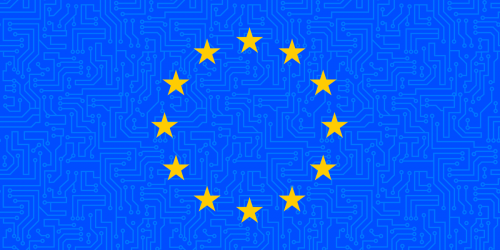The leading nonprofit defending digital privacy, free speech, and innovation.
Elon Musk’s purchase of Twitter highlights the risks to human rights and personal safety when any single person has complete control over policies affecting almost 400 million users. And in this case, that person has repeatedly demonstrated that they do not understand the realities of platform policy at scale.
The White House announced today that sixty one countries have signed the Declaration for the Future of the Internet. The high-level vision and principles expressed in the Declaration—to have a single, global network that is truly open, fosters competition, respects privacy and inclusion, and protects human rights and fundamental freedoms of all people—are laudable. But clearly they are aspirational. Implementing these principles will require many signatory countries to change their current practices, which include censoring online speech of marginalized communities,...
When atrocities happen—in Mariupol, Gaza, Kabul, or Christchurch—users and social media companies face a difficult question: how do we handle online content that shows those atrocities? Can and should we differentiate between pro-violence content containing atrocities and documentation by journalists or human rights activists? In a conflict, should platforms take sides as to whose violent content is allowed? The past decade has demonstrated that social media platforms play an important role in the documentation and preservation of war crimes evidence...
Surveillance Self-Defense
Description:
Surveillance Self-Defense is EFF's online guide to defending yourself and your friends from surveillance by using secure technology and developing careful practices.
Privacy Badger
Description:
Privacy Badger is an install-and-forget browser add-on that stops advertisers and trackers from secretly tracking where you go and what pages you look at on the web.















